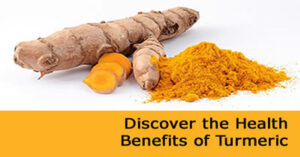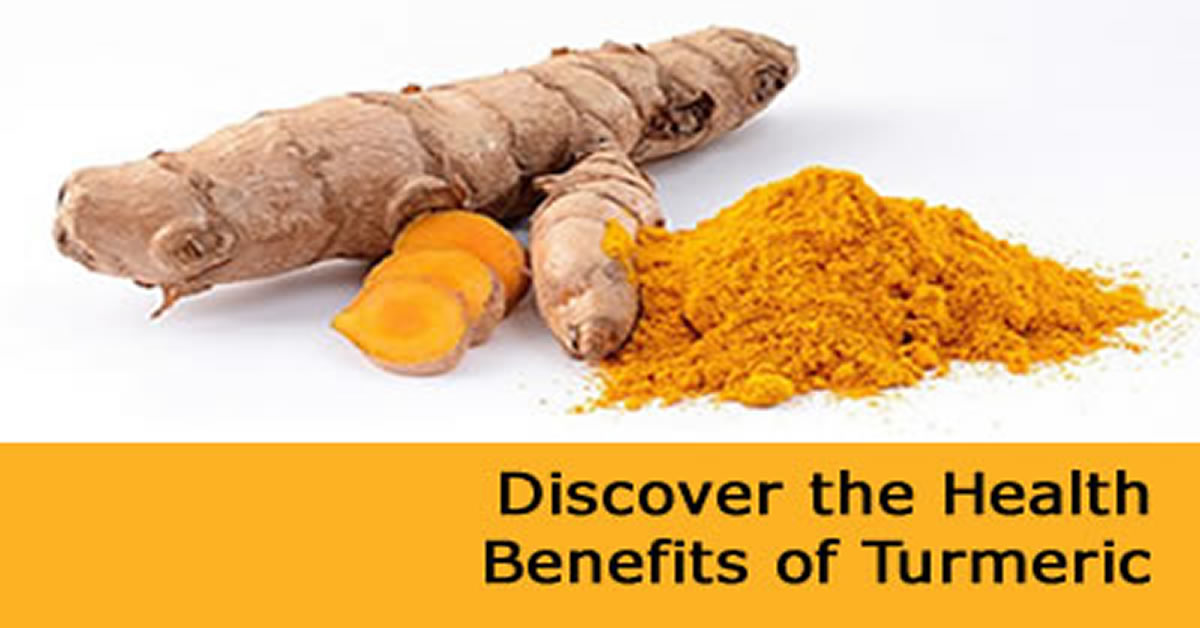Turmeric
Turmeric: An In-Depth Exploration of Its Immune-Boosting Properties, Effectiveness, and Safety
Introduction: Turmeric, a vibrant yellow spice derived from the rhizomes of the Curcuma longa plant, has captured the attention of both culinary enthusiasts and health-conscious individuals alike. Its use in traditional medicine systems, particularly Ayurveda and Traditional Chinese Medicine, dates back thousands of years. In recent times, turmeric has gained significant popularity as a potential immune-boosting powerhouse. This article aims to delve into the multifaceted aspects of turmeric, focusing on its immune-boosting properties, effectiveness, and safety.
 Turmeric’s Historical Roots: Before we explore its immune-boosting properties, it’s crucial to appreciate rich historical tapestry that surrounds turmeric. This spice has a storied history, deeply rooted in the cultures of South Asia. It has been a staple in Indian cuisine for centuries and was used as a textile dye, among other things. However, its primary significance lies in traditional medicine systems, where it was revered for its purported health benefits.
Turmeric’s Historical Roots: Before we explore its immune-boosting properties, it’s crucial to appreciate rich historical tapestry that surrounds turmeric. This spice has a storied history, deeply rooted in the cultures of South Asia. It has been a staple in Indian cuisine for centuries and was used as a textile dye, among other things. However, its primary significance lies in traditional medicine systems, where it was revered for its purported health benefits.
The Active Compound: Curcumin: The key component responsible for many of turmeric’s health benefits is curcumin. Curcumin is a polyphenol with potent antioxidant[i] and anti-inflammatory[ii] properties. It’s important to note that curcumin is just one of the many bioactive compounds found in turmeric, but it is the most studied and well-known.
Immune Boosting Properties: One of the most intriguing aspects of turmeric is its potential to boost the immune system. The immune system is our body’s defense mechanism against pathogens, and a well-functioning immune system is crucial for overall health. Turmeric’s immune-boosting properties are primarily attributed to its anti-inflammatory and antioxidant effects.
- Anti-Inflammatory Effects: Chronic inflammation is known to suppress the immune system’s functioning. Curcumin, found in turmeric, has been shown to inhibit the activity of inflammatory molecules in the body. By reducing chronic inflammation, turmeric may help the immune system function more effectively[iii].
- Antioxidant Activity: Curcumin is a potent antioxidant that helps neutralize harmful free radicals in the body. These free radicals can damage cells and weaken the immune system. Turmeric’s antioxidant properties may protect immune cells from oxidative stress, thereby enhancing their function[iv].
- Modulation of Immune Response: Some studies suggest that curcumin can modulate the activity of immune cells, such as T cells and B cells. This modulation may help the immune system respond more efficiently to infections[v].
Effectiveness of Turmeric as an Immune Booster: While the potential immune-boosting properties of turmeric are intriguing, it’s important to examine the scientific evidence supporting these claims.
- Complementary Role: Turmeric should be viewed as a part of a holistic approach to immune health. It can complement a balanced diet, regular exercise, and other healthy lifestyle choices. The synergy between these factors is likely more beneficial than relying solely on turmeric.
- Bioavailability: Curcumin’s poor bioavailability has been a challenge in research. It is not well-absorbed by the body when taken in its natural form. However, there are strategies to enhance its bioavailability, such as combining it with black pepper (piperine) or using specialized formulations.
Safety Considerations: Turmeric is generally considered safe for most people when consumed in moderate amounts as a spice in food. However, there are some important safety considerations to be aware of:
- Digestive Issues: Some individuals may experience gastrointestinal discomfort when consuming large amounts of turmeric or curcumin supplements. This can include symptoms like bloating or diarrhea.
- Interactions with Medications: Turmeric may interact with certain medications, such as blood thinners and drugs for acid reflux. If you are on medication, it’s advisable to consult your healthcare provider before adding turmeric supplements to your routine.
- Allergic Reactions: While rare, allergic reactions to turmeric can occur. If you notice symptoms like itching, swelling, or difficulty breathing after consuming turmeric, seek medical attention immediately.
How to Prepare and Consume Turmeric: Incorporating turmeric into your diet can be a delightful culinary adventure. Here are some popular ways to prepare and consume turmeric:
- Golden Milk: This traditional Indian beverage combines turmeric with milk and spices for a soothing and aromatic drink.
- Curry: Turmeric is a staple spice in curry dishes, adding both flavor and color.
- Turmeric Supplements: If you’re interested in a more concentrated dose, turmeric supplements are available in various forms, such as capsules and powders.
- Smoothies: Add a pinch of turmeric powder to your morning smoothie for a healthful twist.
- Turmeric Tea: Steep turmeric slices or powder in hot water for a warming and fragrant tea.
Conclusion: Turmeric is a fascinating spice with a long history of use in traditional medicine. Its potential immune-boosting properties, primarily attributed to the active compound curcumin, have garnered significant attention. While the scientific evidence supporting turmeric’s effectiveness as a standalone immune booster is still evolving, it can certainly be a valuable part of a holistic approach to immune health when consumed in moderation.
As with any dietary supplement, it’s essential to consult with a healthcare provider, especially if you have underlying health conditions or are taking medications. Turmeric can be a flavorful addition to your culinary repertoire and may contribute positively to your overall well-being when used mindfully.
[i] Jakubczyk K, Drużga A, Katarzyna J, Skonieczna-Żydecka K. Antioxidant Potential of Curcumin-A Meta-Analysis of Randomized Clinical Trials. Antioxidants (Basel). 2020 Nov 6;9(11):1092. doi: 10.3390/antiox9111092. PMID: 33172016; PMCID: PMC7694612. https://www.ncbi.nlm.nih.gov/pmc/articles/PMC7694612/
[ii] Peng Y, Ao M, Dong B, Jiang Y, Yu L, Chen Z, Hu C, Xu R. Anti-Inflammatory Effects of Curcumin in the Inflammatory Diseases: Status, Limitations and Countermeasures. Drug Des Devel Ther. 2021 Nov 2;15:4503-4525. doi: 10.2147/DDDT.S327378. PMID: 34754179; PMCID: PMC8572027. https://www.ncbi.nlm.nih.gov/pmc/articles/PMC8572027/
[iii] Jakubczyk K, Drużga A, Katarzyna J, Skonieczna-Żydecka K. Antioxidant Potential of Curcumin-A Meta-Analysis of Randomized Clinical Trials. Antioxidants (Basel). 2020 Nov 6;9(11):1092. doi: 10.3390/antiox9111092. PMID: 33172016; PMCID: PMC7694612. https://www.ncbi.nlm.nih.gov/pmc/articles/PMC7694612/
[iv] Peng Y, Ao M, Dong B, Jiang Y, Yu L, Chen Z, Hu C, Xu R. Anti-Inflammatory Effects of Curcumin in the Inflammatory Diseases: Status, Limitations and Countermeasures. Drug Des Devel Ther. 2021 Nov 2;15:4503-4525. doi: 10.2147/DDDT.S327378. PMID: 34754179; PMCID: PMC8572027. https://www.ncbi.nlm.nih.gov/pmc/articles/PMC8572027/
[v] Gautam SC, Gao X, Dulchavsky S. Immunomodulation by curcumin. Adv Exp Med Biol. 2007;595:321-41. doi: 10.1007/978-0-387-46401-5_14. PMID: 17569218. https://pubmed.ncbi.nlm.nih.gov/17569218/

